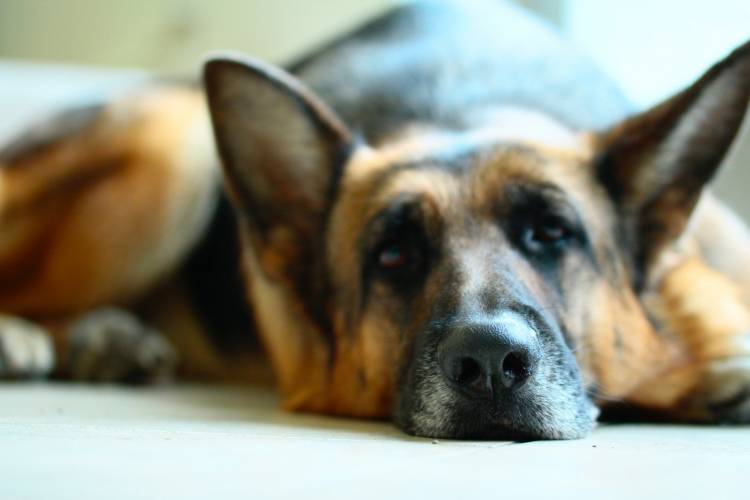Parvovirus in dogs
Do you suspect that your dog could have canine parvovirus? We tell you what the main parvovirus symptoms are in dogs and how to treat them.
pets
Share

Canine parvovirus, also known as parvovirosis or “parvo”, is a viral disease that mostly affects puppies that are over 6 weeks old, when they begin to lose the antibodies provided by their mother’s milk. Although adult dogs can still become infected by parvovirus.
Canine parvovirus damages the intestinal epithelial cells, which assists the bacteria normally present within the intestinal flora to move into the bloodstream. As a consequence of this, a generalised infection occurs.
It is an extremely infectious virus which is passed on through contact with faeces. In the majority of cases, infection can be fatal. For this reason, it is crucial to vaccinate your four-legged friends against canine parvovirus.
Canine parvovirus: the main symptoms
Parvovirus infection in puppies is the most common, although there are also cases of parvovirus in adult dogs (less frequently if they have been vaccinated). In any event, as soon as any of the following symptoms are identified, it is essential that you visit a vet immediately:
Intestinal problems: The symptoms can range from haemorrhagic diarrhoea, vomiting, dehydration or fever to weakness and stress. In any event, it affects the dog’s lymphatic system and will weaken its defences.
Cardiac problems: are less frequent. The virus can also directly affect the heart tissue and may cause sudden death of the puppy.
Which are the critical days for parvovirus? The symptoms of this disease will appear between 5 and 15 days after your dog has been in contact with an infected dog. The duration of the disease can vary, but generally, it will last between 5 and 7 days, although it can go on for longer.
It is important to keep in mind that canine parvovirus is extremely resistant and may remain inside your dog for up to a year.
How to avoid your dog being infected by parvovirus
What can I do to avoid canine parvovirus? There are two main rules to follow:
It is essential that you have your dog vaccinated. Professionals recommend that this is done between the first 6 and 8 weeks of its life. After this, you should continue to vaccinate it until it is 4 months old.
Prevent your dog from playing with other dogs that have not been vaccinated. Ensure that your dog walks in clean areas and that they don’t mix with unvaccinated dogs, particularly if it has not yet completed the vaccination treatment.
Some dog breeds are more prone to canine parvovirus infection; for example, Rottweilers, Pit bulls, Dobermans, German shepherds and Springer spaniels.
However, if your dog has parvovirus it can be treated. The best thing to do is to go to a professional for treatment, as the majority of treatments include rehydration, blood transfusion and antibiotics.






